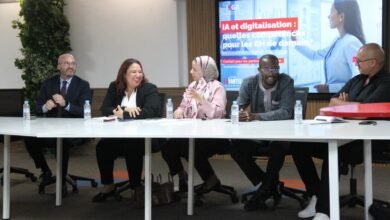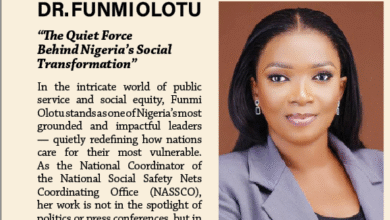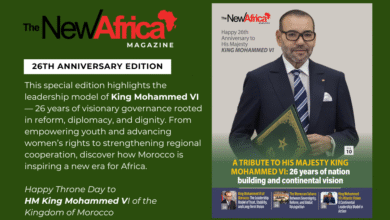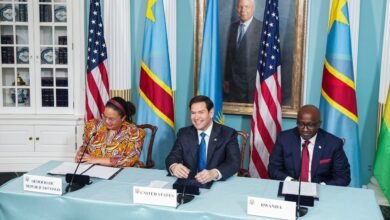ECOWAS-making strides in regional cooperation despite challenges.

The Economic Community of West African States (ECOWAS) has long stood as a beacon of regional integration, fostering economic development, political stability, and social cooperation among its fifteen member states. Since its establishment in 1975, ECOWAS has remained committed to its vision of creating a unified West Africa, where economic opportunities flourish, political stability prevails, and member nations work collectively to address shared challenges. Despite hurdles such as economic inequalities, political tensions, and security threats, ECOWAS continues to play a crucial role in shaping the region’s future through strategic initiatives and collaborative efforts.
One of the major focuses of ECOWAS is economic integration, particularly through trade liberalization. By facilitating the free movement of goods, services, and people across borders, the organization aims to create a seamless economic space that benefits businesses, entrepreneurs, and consumers alike. The removal of trade barriers and tariffs allows local industries to expand beyond their home countries, fostering competitiveness and strengthening regional markets. This economic interdependence helps to stabilize member states and reduce their reliance on external markets, ultimately contributing to the long-term prosperity of the region.
Beyond trade, ECOWAS plays a crucial role in promoting peace and security. Given West Africa’s history of political instability, civil conflicts, and governance crises, the regional body has established itself as a key player in peacekeeping and conflict resolution. Through diplomatic interventions, mediation efforts, and the deployment of peacekeeping forces, ECOWAS has helped stabilize nations facing political turmoil. Countries such as Liberia, Sierra Leone, and Mali have witnessed ECOWAS-led interventions aimed at restoring democratic governance and preventing conflicts from escalating into full-scale wars. The organization’s commitment to upholding democratic principles ensures that military coups, unconstitutional changes of government, and human rights violations are actively challenged, preserving political stability across the region.
Infrastructure development is another cornerstone of ECOWAS’ agenda. Recognizing that economic integration cannot be achieved without proper connectivity, the organization has invested in projects aimed at improving roads, energy supply, and cross-border transportation networks. Initiatives such as the Trans-West African Highway seek to enhance mobility, making it easier for people and goods to move efficiently between member states. Energy cooperation is also a key area of focus, with efforts to develop regional power grids that provide stable electricity supply across borders, thereby boosting industrial growth and economic productivity.
Despite its achievements, ECOWAS faces ongoing challenges that threaten its integration efforts. Political instability in certain member states, economic disparities between countries, and bureaucratic obstacles sometimes hinder the full implementation of its policies. Additionally, security threats such as terrorism, organized crime, and insurgencies pose significant risks to regional stability. However, ECOWAS continues to adapt to these challenges, working towards solutions that reinforce cooperation and solidarity among its members.
The future of ECOWAS remains promising as it strives for deeper economic and political integration. By strengthening governance structures, expanding trade agreements, enhancing security frameworks, and investing in human capital development, the organization is laying the foundation for a more connected and prosperous West Africa. With sustained commitment from its member states, ECOWAS has the potential to transform the region into a hub of economic growth, social progress, and political stability, ensuring that West Africa stands strong on the global stage.




